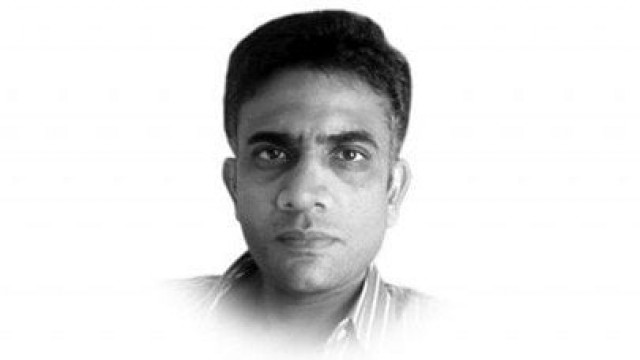Shutting down India in protest

The decision was taken at a time when crude prices are going back up, and so there was the increase of around Rs3.50 per litre in the price of petrol, triggering the strike. This decision by Singh was taken to take the load off India's oil companies, which must subsidise the citizen. Already inefficient, because they are run by the government, the oil companies are forced to absorb the difference between the rise in international prices of crude, and what the government thinks the citizen will be willing to pay without grumbling.
So this move to link the two will actually be a good thing for the oil companies, which are a significant part of the economy. But the opposition did not agree and so we had the bandh.
Offices, shops and restaurants were all shut in the major cities of India. This wasn't in protest so much as fear that if they remained open, they would be subject to violence. In Bombay, for instance, the strike was absolute, enforced by the very effective method of forcibly shutting down public transport. Few could get to work in a city heavily dependent on trains and buses, and so businesses suffered and so did labourers who get paid by the day. This is an act of cruelty on them, but the parties were quite triumphant that they succeeded.
The bandh was the Congress' method of protesting against the British, but our non-cooperation instinct has not ebbed though, we now rule ourselves. Political parties believe that this method is still effective, because it shows they have power over the government. Damaging the citizen's interests to get back at the government is built into our political system and politicians are no longer worried by questions about this.
But how valid is the complaint that the price of fuels is high in India? A litre of petrol here costs about Rs52 now, and a litre of diesel Rs41. This isn't very different from the other nations of South Asia, once we adjust their currencies (one Indian Rupee is 1.83 Pakistani Rupees).
Cooking gas in India is Rs350 a cylinder in India, and that is the cheapest rate of any nation in the region. If we were to compare the price of petrol in India with other nations, it's the same as that in Japan, and cheaper than Spain, Switzerland, Germany, France, Britain and Italy. With the exception of petrol-producing nations like Nigeria, Venezuela and Saudi Arabia, India has among the cheapest fuel prices in the world, so actually the opposition's protest is misplaced.
The act of piling on the deficit at the oil companies to service the current payers of petrol was not sustainable and Manmohan Singh, who is an economist, knows that. If the strike isn't repeated, and the government isn't forced to roll back its decision, this will be yet another wise move from Singh that we will praise decades later.
Published in The Express Tribune, July 7th, 2010.















COMMENTS
Comments are moderated and generally will be posted if they are on-topic and not abusive.
For more information, please see our Comments FAQ